Dhaka, Feb 16 (V7N) – The United States has announced the cancellation of major financial aid programs, including a $29 million program for Bangladesh and a $21 million program for India, as part of efforts by the Trump administration to reduce the US federal budget.
According to an India Today report on Sunday (February 16), the Department of Government Efficiency (DOGE), led by Elon Musk, revealed that several international projects funded by US taxpayers' money would be halted. These projects span a wide range of sectors, including health, education, political reform, gender equality, environmental conservation, and social development.
- $21 million for voter turnout projects in India.
- $29 million for strengthening Bangladesh's political landscape.
In addition to India and Bangladesh, other nations to face funding cuts include:
- Mozambique: $10 million for a voluntary male circumcision treatment project.
- Cambodia:
- $9.7 million for youth entrepreneurship development through UC Berkeley.
- $2.3 million for freedom of expression projects.
- Serbia: $14 million for improving public procurement processes.
- Moldova: $486 million for strengthening elections and political processes, including $22 million for an inclusive political project.
- Nepal: $20 million for economic decentralization and $19 million for biodiversity conservation.
- Liberia: $1.5 million for voter confidence initiatives.
- Mali: $14 million for social cohesion projects.
- South Africa: $2.5 million for inclusive democracy.
- Asia: $47 million for education improvement.
- Kosovo: $2 million for socio-economic cohesion and recycling models.
The decision to cancel these funds is part of a broader effort by the US government to scale back international financial commitments. Critics argue that these cuts may hinder vital development initiatives, particularly in voter participation, gender equality, and environmental protection across many nations. However, the Trump administration justifies the move as a necessary step to prioritize domestic budget needs and streamline foreign aid programs.
Analysts suggest that the US's decision could have significant long-term effects on global cooperation in key development areas.
END/MSS/AJ



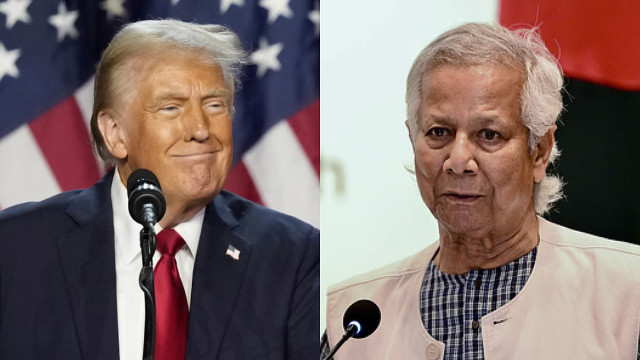
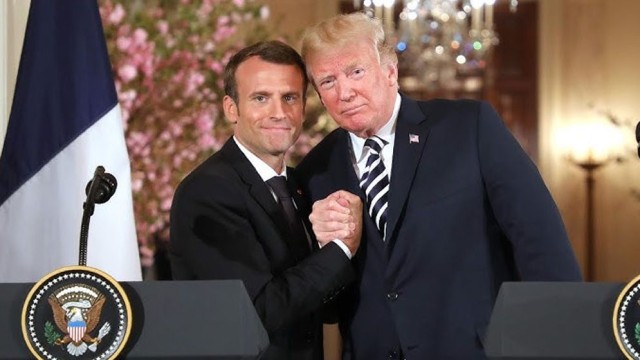


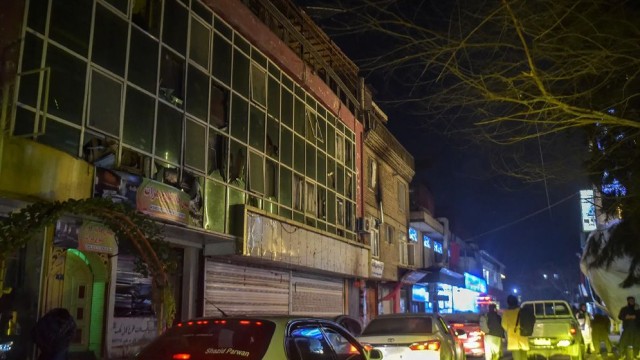
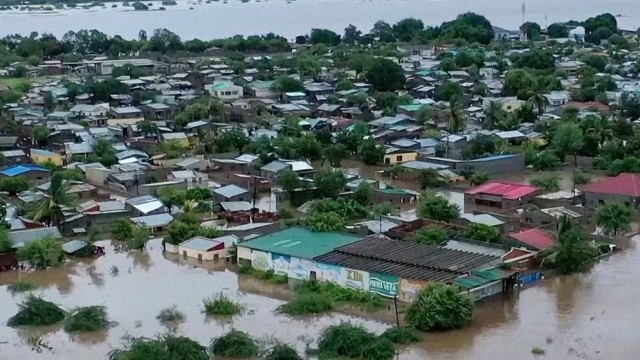




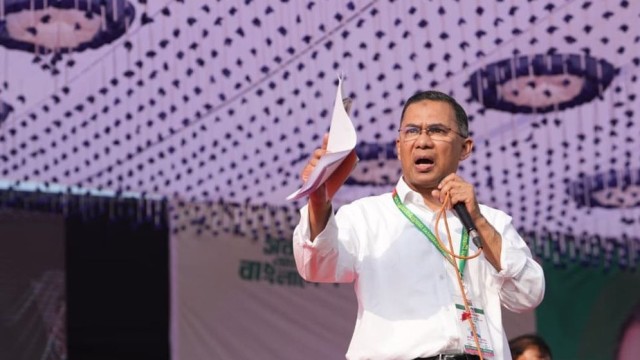




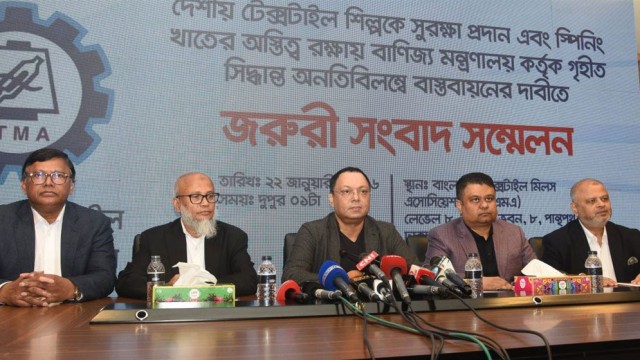












Comment: